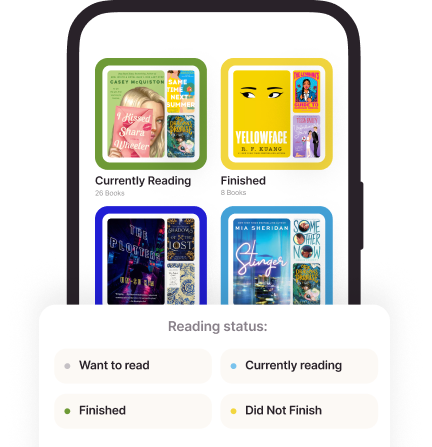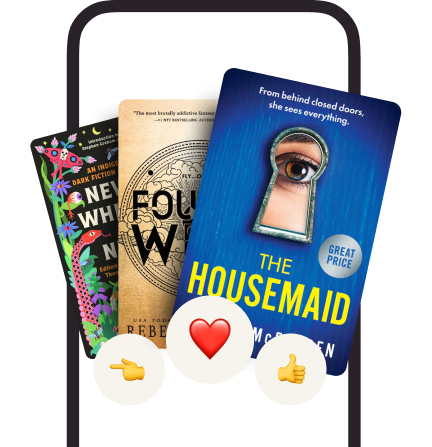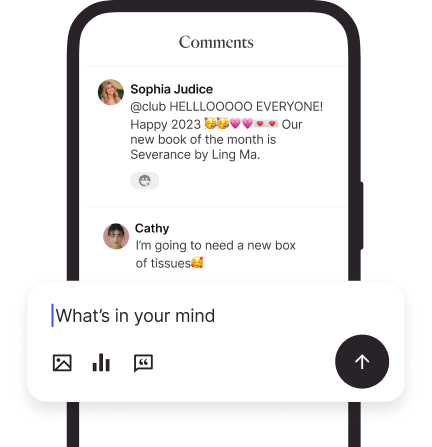Reading Nuruddin Farah
ByPublisher Description
A close analysis of Farah's novels is used to track the contradictions implicit in the notion of the modern, disengaged self and how transformations of the novel in literary history attempt to negotiate this founding contradiction.
The Somali novelist, Nuruddin Farah, is one of the most important African writers today. The central question that this book investigates is the relationship between modern identity and the novel as a genre. Nuruddin Farah's novels are shown by Moolla to encompass the history of the novel: from the 'proto-realism' of the acclaimed From a Crooked Rib to the modernism of A Naked Needle and the postmodernism of, most notably, Maps, returning almost full circle with his most recent novel Crossbones.
Moolla examines his writing within the framework of Somali society and culture, Islamic traditions and political contexts, all of which are central themesin his work. She also addresses Farah's engagement with women's lives - his female characters and identities being at the heart of, rather than peripheral, to his stories - something that has distinguished him from many other male African writers.
The book finally suggests that through his literary negotiation of the central contradiction of modern identity, Farah comes close to constituting a subject who no longer is transcendentally 'homeless', butfinds a home 'everywhere' - a fitting project for a writer who has been in exile for the greater part of his life.
F. Fiona Moolla is a Senior Lecturer in the Faculty of Arts at the University of the Western Cape in South Africa as well as a freelance writer and published author of short stories.
South Africa and Zimbabwe (pb only): Blue Weaver
The Somali novelist, Nuruddin Farah, is one of the most important African writers today. The central question that this book investigates is the relationship between modern identity and the novel as a genre. Nuruddin Farah's novels are shown by Moolla to encompass the history of the novel: from the 'proto-realism' of the acclaimed From a Crooked Rib to the modernism of A Naked Needle and the postmodernism of, most notably, Maps, returning almost full circle with his most recent novel Crossbones.
Moolla examines his writing within the framework of Somali society and culture, Islamic traditions and political contexts, all of which are central themesin his work. She also addresses Farah's engagement with women's lives - his female characters and identities being at the heart of, rather than peripheral, to his stories - something that has distinguished him from many other male African writers.
The book finally suggests that through his literary negotiation of the central contradiction of modern identity, Farah comes close to constituting a subject who no longer is transcendentally 'homeless', butfinds a home 'everywhere' - a fitting project for a writer who has been in exile for the greater part of his life.
F. Fiona Moolla is a Senior Lecturer in the Faculty of Arts at the University of the Western Cape in South Africa as well as a freelance writer and published author of short stories.
South Africa and Zimbabwe (pb only): Blue Weaver
Download the free Fable app

Stay organized
Keep track of what you’re reading, what you’ve finished, and what’s next.
Build a better TBR
Swipe, skip, and save with our smart list-building tool
Rate and review
Share your take with other readers with half stars, emojis, and tags
Curate your feed
Meet readers like you in the Fable For You feed, designed to build bookish communitiesNo Reviews
Start a Book Club
Start a public or private book club with this book on the Fable app today!FAQ
Do I have to buy the ebook to participate in a book club?
Why can’t I buy the ebook on the app?
How is Fable’s reader different from Kindle?
Do you sell physical books too?
Are book clubs free to join on Fable?
How do I start a book club with this book on Fable?